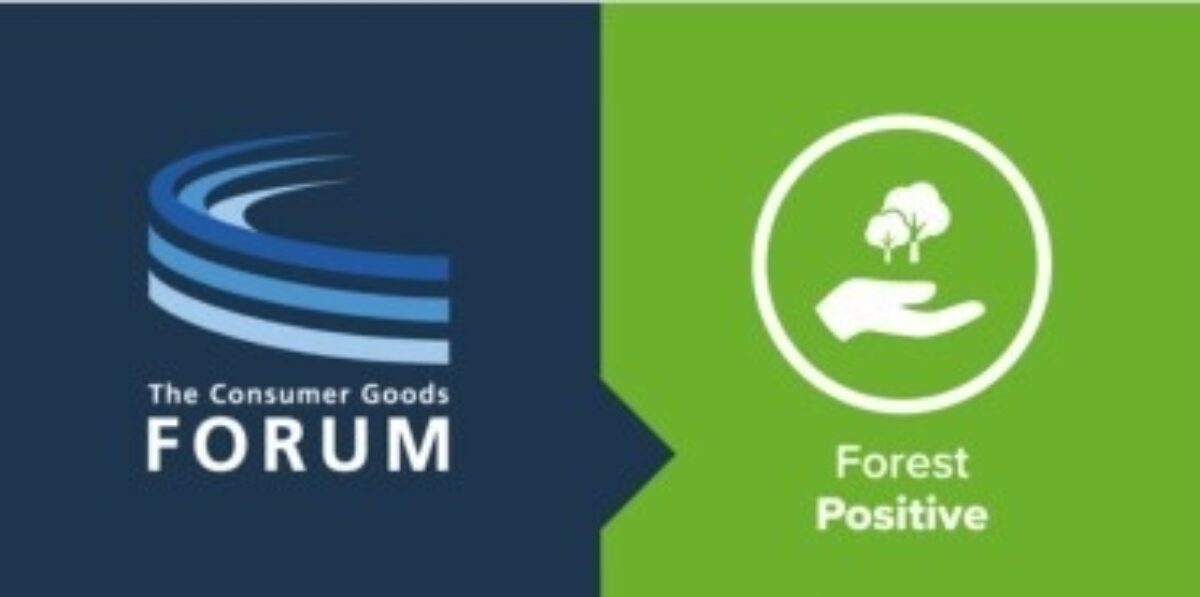Share
Presenting a compelling case for balancing commodity production with forest conservation, sustainable livelihoods, and the welfare of people at scale.

Riau is a crucial province for agricultural commodity production: approximately 2.5 million ha of oil palm and 2 million ha of pulp & paper. Indonesia is the world's largest producer of palm oil, and its smallholder oil palm plantations involve more than 2.3 million farmers. Riau is the largest palm-oil-producing province in Indonesia, and yet roughly 60% of the agricultural workforce is informal. Over 1.6 million smallholder farmers face challenges related to low productivity, poor seed stock, income volatility, and food insecurity.
Protected areas – such as nature reserves and national parks – remain under threat from continued exploitation by the palm oil and paper industries as well as smallholders and communities seeking to make a living. Whilst there are several commitments and efforts carried out by local governments, supported by central governments, nevertheless, complexity in the region warrants contribution and collaboration from various actors, including the work Earthworm Foundation does in the landscape.

Riau landscape is included in the Consumer Goods Forum – Forest Positive Coalition listing and is positioned to contribute to its Landscape Strategy. It is also featured on SourceUp, an online platform that connects buyers and stakeholders in agri-commodity supply chains with landscape and jurisdictional initiatives in production areas.
The project is systematically monitored and evaluated on a quarterly and an annual basis, using Earthworm’s Global Impact Framework Tool (GIFT).
2 Collaborative Action Plans (CAPs) involving 42 stakeholders have been established at the district level, where NDPE considerations are now formally integrated into district development plans and regulations.

A total of 304,077 hectares across 29 villages are legally protected under Village Regulations. Fifty villages have been facilitated in Participatory Land Use Planning (PLUP). Additionally, 3,000 hectares inside concessions are under protection with formal management plans. A total of 194,173 seedlings have been planted across 624.66 hectares, and 32 Community-Based Organizations (CBOs) from 30 villages have implemented forest protection initiatives. More than 60 stakeholders are engaged in activities related to forest management.

3,769 farmers trained in palm oil Good Agricultural Practices (GAP). A total of 1,509 households diversify livelihoods. 1,760 farmers received replanting funds, and three Farmers’ Business Units (FBUs) established for sustainable livelihoods.

Two villages namely Harapan Jaya and Bagan Limau have been engaged through participatory mapping and land tenure studies (PM-LTS); Bagan Limau and Bencah Umbai Villages have established conflict resolution systems. A total of 232 individuals were equipped with essential conflict resolution skills through eight training sessions.

2,191 workers in 8 companies benefited from improved working conditions.
Civil society
Engaging local actors, providing capacity building and training and facilitating multi-stakeholder collaboration.
Government
Providing the human resources and operational framework to support the protection of forests and protected areas.
The private sector
Implementing NDPE commitments in their supply chains & participating in landscape-level transformation activities.
Contributors
Target
Donor
Field Partners

Landscape Lead

Interim Riau Landscape Manager

Social and Engagement Manager

Livelihood Manager

Forest and Carbon Coordinator

Forest and Carbon Manager

Livelihood Coordinator
Beyond our on-the-ground field teams, our technical specialists in Indonesia play a pivotal role in supporting and advancing the landscape initiatives.

Riau is one of the key ecosystems where Earthworm Foundation works through its landscapes approach.
Click on the icons to learn more about Earthworm's work on the commodity: